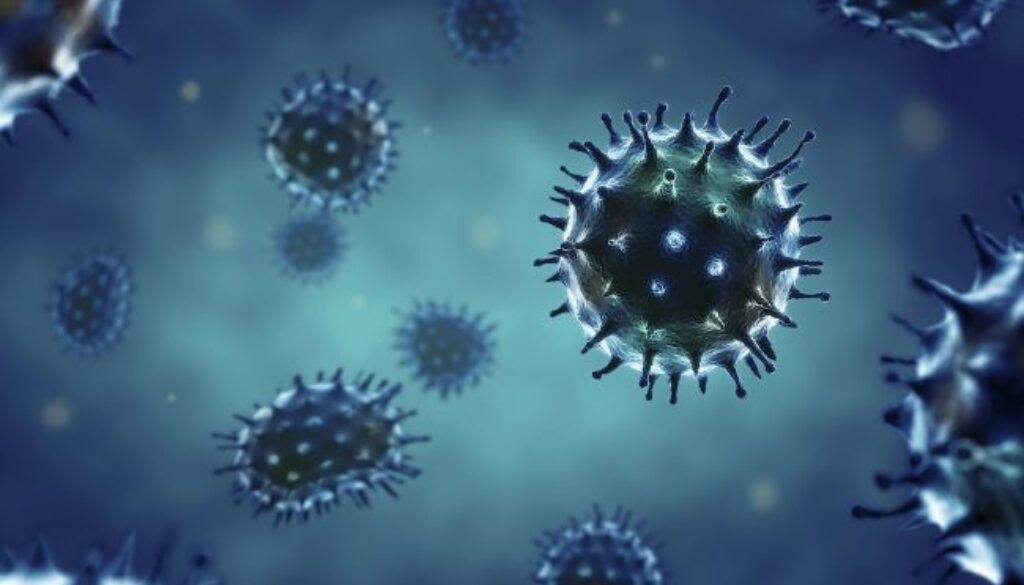Do You Still Need The Flu Vaccine?
By now you’ve either heard about the current difficult flu season or have experienced it in your own household. In a recent FluReport, the Centers for Disease Control reports that 43 states are now experiencing widespread flu activity. In addition, flu hospitalization rates are higher this season compared to past seasons when the same strain dominated.
Most cases of influenza this year are being caused by one strain called H3N2, according to the CDC. You may remember that last year it was the H1N1 flu that affected most people. This current H3N2 strain was included, among other strains, in this year’s vaccine; unfortunately, it has mutated, and only half of the cases reported still match the vaccine.
CAN’T WE JUST CHANGE THE FLU VACCINE?
Unfortunately, no. It takes months to make flu vaccines, no matter which production method is used. The current technology used by the CDC to create the vaccine takes six months to complete: strains are chosen and put into vaccine production in February, but the vaccine isn’t completed and distributed until August.
Given all the news hype about the ineffectiveness of the vaccine this year, you may be wondering whether or not it’s still worth vaccinating yourself and your loved ones against the virus.
The answer is yes.
Flu season typically peaks in the United States in January and February. In other words, we’re still in the thick of it! The vaccine protects against three or four strains of influenza, and H3N2 is just one of them. The H3N2 strain has mutated, but that doesn’t mean that the other strains in the vaccine are ineffective.
Remember, influenza usually hits the very young and the elderly the hardest. Depending on the season, it kills anywhere between 4,000 and 50,000 people a year in the United States.
It is still highly recommended that each patient receive the influenza vaccination as well as prompt treatment with antiviral drugs, such as Tamiflu, for people at risk of serious complications.
PEOPLE AT RISK FOR DEVELOPING FLU-RELATED COMPLICATIONS
- People 64 years of age and older
- Children younger than 5 years
- Pregnant women
- Residents of nursing homes and other long term care facilities
- People with medical conditions including (but not limited to) asthma, chronic lung disease, heart disease, or a weakened immune system (HIV or AIDS, cancer)
If you have not yet, talk with your primary care physician about getting vaccinated. There’s still time, and it is still the best method of prevention against the flu.




